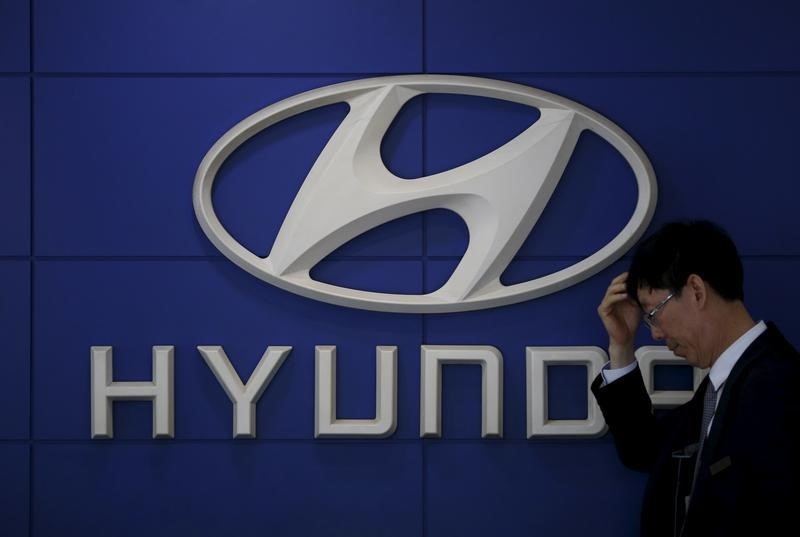This post was originally published on this site

FRANKFURT (Reuters) – Hyundai Motor Co will invest in Germany’s H2 Mobility network of hydrogen fuelling station operators, it said on Thursday, as it looks to support infrastructure for fuel cell-powered vehicles.
A partner in the project since 2017, Hyundai Motor’s German subsidiary will become a seventh shareholder shortly, it said, having received approval from Germany’s cartel office.
The South Korean company did not disclose financial details.
It joins investors including France’s Total, Shell (LON:RDSa), OMV, industrial gas makers Linde (NYSE:LIN) and Air Liquide (OTC:AIQUY), and carmaker Daimler (OTC:DDAIF).
“In Germany, a lot of money is flowing into the topic of hydrogen through the European Union Green Deal and national funding, and we believe that we are at the forefront,” said Ronald Grasman, vice president of fuel cell business development at Hyundai Motor Company (OTC:HYMLF).
Fuel cell cars are far from mass market production.
But Hyundai, which is introducing fuel cell trucks in Switzerland, believes hydrogen technology could also play a bigger role in small vehicles further down the road.
H2 Mobility operates 91 hydrogen filling stations and is expanding.
H2 Mobility Managing Director Nikolas Iwan said the group was looking for anchor customers to bring big volumes to the stations, hoping this will allow them to reach break even within two to three years.
“This is why Hyundai is so important. They have the lead when it comes to scaling effects, especially in the area of commercial vehicles,” he said.
Hyundai, the biggest-selling Asian carmaker in Germany, had a 3.7% share of the market in January-July 2021 supplying a mix of conventional, electric and fuel-cell vehicles.


